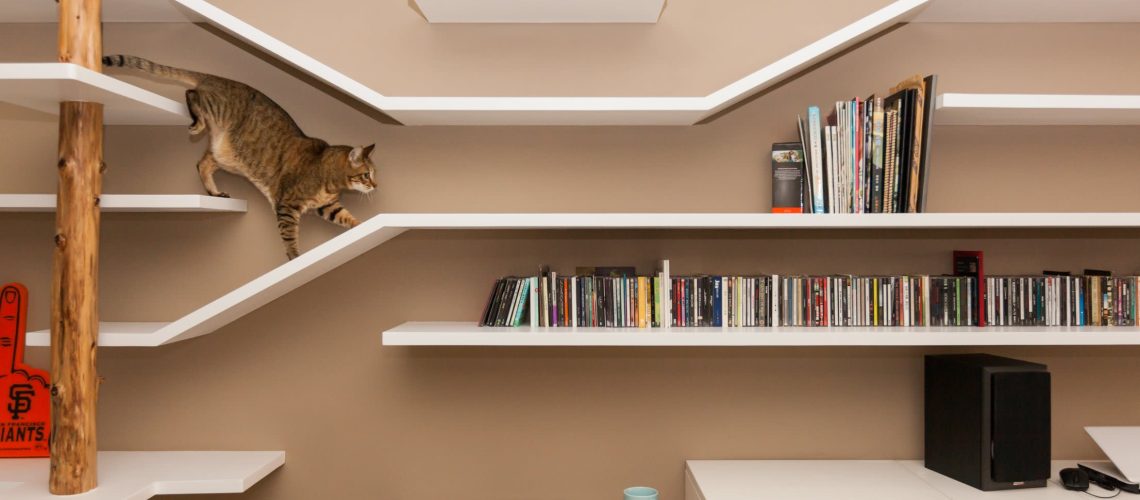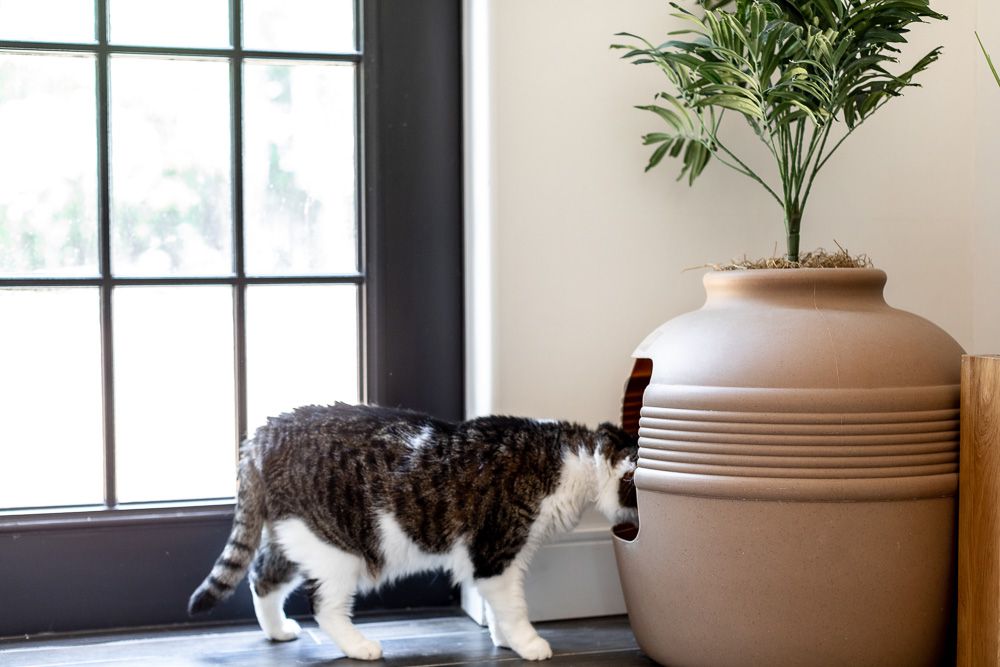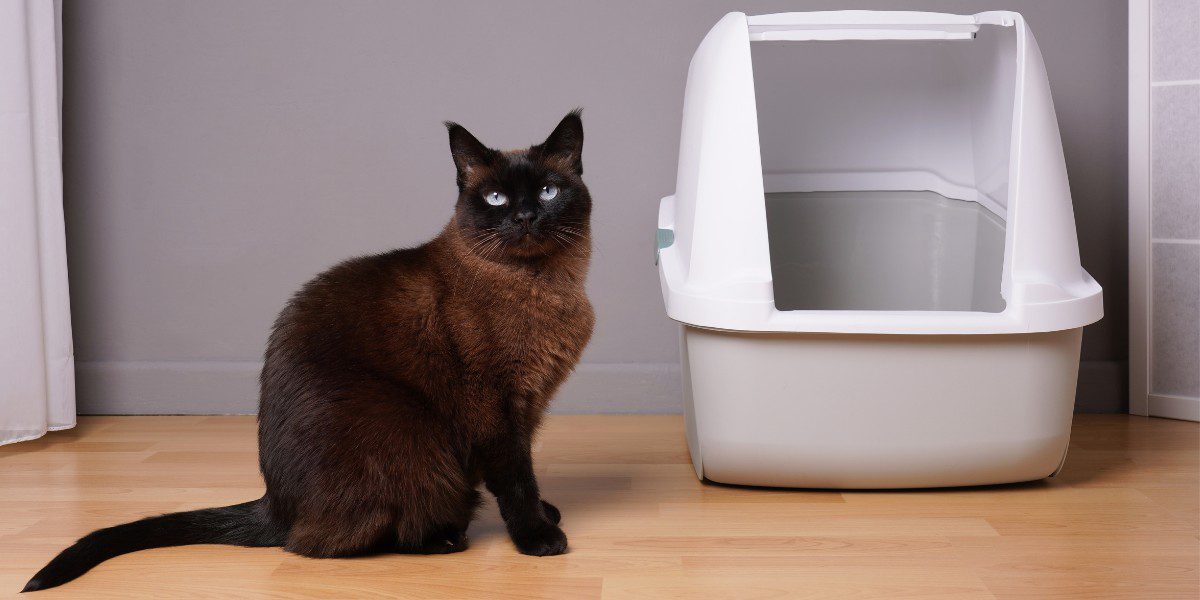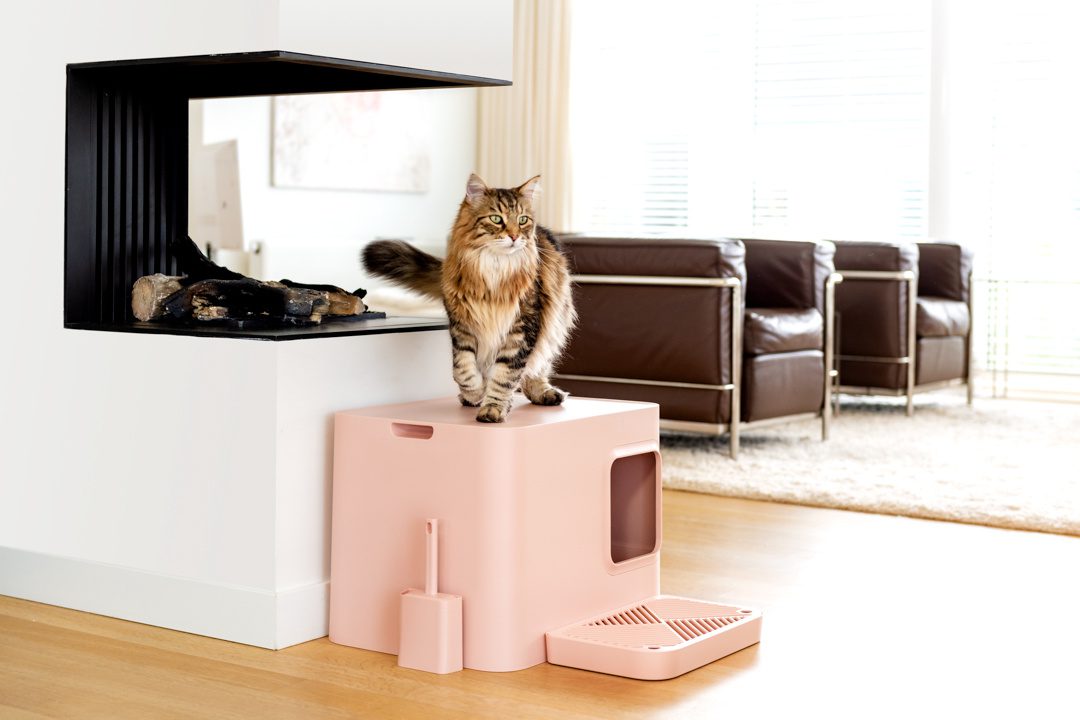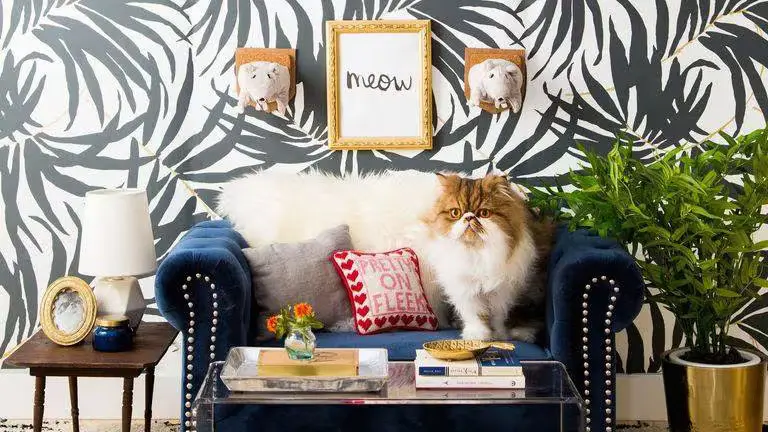Is your apartment big enough for a cat? Assess the space and create an enriching environment for your feline friend. Consider their needs and avoid behavioral issues.
Key Takeaways:
- Consider the size of your apartment before getting a cat, as they need enough space to move around and explore.
- Cats require vertical space, so make sure your apartment has enough room for climbing structures or shelves.
- Ensure that there are designated areas for your cat's litter box, food, and water within your apartment.
- Keep in mind that cats need mental and physical stimulation, so provide toys and playtime opportunities even in a small space.
- Regularly assess your cat's happiness and well-being in the apartment environment to ensure they have a comfortable living situation.
Is Your Apartment Big Enough for a Cat?
Assessing the Space in Your Apartment
When considering getting a cat, it's important to think about the size of your apartment. Cats need enough space to move around comfortably and engage in their natural behaviors. Take a look at your apartment and assess if it has enough room for a cat to play, run, and explore. Consider the layout of your apartment, the available floor space, and any furniture or obstacles that could limit a cat's movement.
If you have a small studio apartment with limited floor space, it might not be ideal for a cat that loves to roam and climb. However, even in smaller apartments, there are ways to create vertical spaces for cats to explore. Installing shelves or cat trees can provide them with opportunities to climb and survey their surroundings.
Creating an Enriching Environment
Apartments can sometimes lack outdoor space for cats to explore and hunt. It's essential to compensate for this by creating an enriching indoor environment. This means providing plenty of toys, scratching posts, hiding spots, and interactive playtime with you as their owner.
Cats also need access to windows so they can watch birds or other animals outside. If your apartment has windowsills or safe window perches, it can offer entertainment and mental stimulation for your feline friend.
Considering the Size of Your Apartment When Getting a Cat
The Importance of Space for Cats
Cats are naturally curious and active animals. They love exploring their surroundings and having room to stretch their legs. When choosing a cat breed or deciding whether your apartment is suitable for a cat, consider the size of your living space.
A cramped living environment can lead to stress and behavioral problems for cats. They may become more prone to destructive behaviors, such as scratching furniture or excessive meowing. Additionally, limited space can hinder their ability to exercise and maintain a healthy weight.
Signs that Your Apartment Might Not Be Suitable for a Cat
If you notice any of the following signs in your apartment, it may not be the best environment for a cat:
- Limited floor space with no opportunities for vertical exploration
- No access to windows or natural light
- Noisy neighbors or frequent disturbances that could stress out a cat
- Little to no hiding spots or areas for privacy
- Inadequate ventilation or poor air quality
The Ideal Space for a Cat in an Apartment
Creating Vertical Spaces
Cats love climbing and perching on high surfaces. To maximize space in your apartment, consider installing shelves or investing in a cat tree. These additions provide cats with vertical spaces to explore and relax.
Designating Play Areas
Set aside specific areas in your apartment where your cat can play and engage in activities. This can be as simple as clearing some floor space and placing toys, tunnels, or puzzle feeders.
Factors to Consider When Determining if Your Apartment is Suitable for a Cat
Cat's Age and Personality
The age and personality of the cat also play a role in determining if your apartment is suitable. Kittens are generally more adaptable and energetic, making them better suited for smaller living spaces. Older cats, on the other hand, may prefer a quieter environment with fewer obstacles.
Availability of Outdoor Space
If your apartment has access to a safe outdoor area or balcony, it can greatly enhance your cat's living experience. However, it's important to ensure the outdoor space is secure and free from potential hazards.
Cat Breeds That Thrive in Smaller Apartments
While some cat breeds require more space and stimulation than others, there are several breeds that adapt well to smaller apartments:
- Ragdolls: Known for their calm and gentle nature
- Persians: Low-energy cats that enjoy lounging
- Sphynx: Hairless cats that are highly social and affectionate
- British Shorthairs: Easygoing cats that are content with indoor living
- Maine Coons: Despite their large size, they are adaptable and friendly
Creative Ways to Maximize Space for Your Cat in an Apartment
Utilizing Wall Space
Make use of vertical wall space by installing shelves or creating a catwalk. This not only gives your cat more room to explore but also adds a decorative element to your apartment.
Multipurpose Furniture
Invest in furniture that serves dual purposes. For example, choose a bookshelf with built-in hiding spots or a bed with hidden compartments for toys.
The Impact of Limited Indoor Space on a Cat's Health and Behavior
Potential Health Issues
A lack of space can contribute to obesity in cats if they don't have enough room to exercise. It can also lead to stress-related health problems, such as urinary tract issues or gastrointestinal disturbances.
Behavioral Challenges
Cats in small spaces may exhibit behavioral challenges due to boredom or frustration. This can include excessive meowing, destructive scratching, or aggression towards other pets or humans. Providing environmental enrichment and interactive playtime can help alleviate these issues.
Creative Ways to Maximize Space for Your Cat in an Apartment
1. Utilize Vertical Space
When living in a small apartment, it's important to make the most of every inch of space available. One way to do this is by utilizing vertical space for your cat. Install wall-mounted shelves or cat trees that allow your furry friend to climb and explore upwards. This not only provides them with additional exercise and mental stimulation but also helps free up valuable floor space.
2. Create Multi-functional Furniture
In a limited space, it can be challenging to fit all the necessary furniture for both you and your cat. However, you can maximize the available area by investing in multi-functional furniture pieces that serve dual purposes. For example, consider purchasing a cat bed that doubles as a side table or a litter box enclosure that also acts as a bench seat.
3. Provide Window Perches
Cats love observing the world outside, so providing them with window perches is essential in an apartment setting. Place comfortable cushions or specially designed perches near windows where your cat can relax and watch birds or passersby. This not only gives them entertainment but also allows them to bask in natural sunlight, which is beneficial for their overall well-being.
The Impact of Limited Indoor Space on a Cat's Health and Behavior
1. Increased Stress Levels
Living in a small indoor space can lead to increased stress levels for cats. They may feel confined and unable to engage in their natural behaviors such as running, climbing, and exploring. This can result in behavioral issues like aggression, excessive meowing, or destructive behavior as they try to cope with their pent-up energy.
2. Obesity and Lack of Exercise
Limited space can also contribute to obesity in cats as they may not have enough room to engage in regular physical activity. Without proper exercise, cats can become overweight or obese, leading to various health problems such as diabetes, joint issues, and heart disease. It's crucial for cat owners to find creative ways to encourage exercise within the limited indoor space available.
3. Reduced Mental Stimulation
In a small apartment, cats may lack the mental stimulation they need for optimal well-being. Without enough environmental enrichment, they can become bored and exhibit destructive behaviors or engage in excessive grooming. Providing interactive toys, puzzle feeders, and regular play sessions can help combat this issue and keep your cat mentally stimulated.
| Conclusion | |
|---|---|
| Yes, your apartment is big enough for a cat! | No, your apartment is not big enough for a cat. |
| Having a cat in a smaller apartment can work if you provide them with plenty of vertical space, interactive toys, and regular playtime. Cats are adaptable creatures and can thrive in small spaces as long as their needs are met. | If your apartment is extremely small and lacks sufficient space for a cat to roam, it might be best to reconsider getting one. Cats need room to explore and exercise to maintain their physical and mental well-being. It's important to prioritize the comfort and happiness of your potential feline companion. |
How big should my apartment be to get a cat?
Can a Cat Live in a Small Apartment? Despite their small size, cats can be comfortable in a 300-square-foot apartment. However, it is important to ensure that the designated spaces for cats meet their needs properly.
How small is too small of an apartment for a cat?
There is no set guideline for the amount of space cats require to feel at ease. In general, having approximately 20 square feet of space spread out across different rooms in the house can be considered the minimum requirement for a cat's comfort.
Can cats do well in apartments?
Cats are well-suited to living in apartments as pets. They do not require walks outside and can be perfectly happy living indoors, as long as their owners make an effort to provide them with plenty of play and exercise opportunities, according to Dr. Jennifer Coates, a veterinary advisor with petMD.
Are cats good pets for small apartments?
Cats are great pets for apartments because they are quiet, small, and independent. As long as they have food, water, and a clean litter box, they can be left alone for several hours.
Do cats prefer small or large rooms?
Cats have a natural inclination to seek out small and enclosed spaces for a variety of reasons. They have an instinctive desire for safety and warmth, and often seek out tight spaces as a way to avoid stress and conflicts in their environment.
Is a room too small for a cat?
If you meet all of your cat's physical, emotional, and instinctual needs, then it should not be a problem to keep your cat in a smaller space, such as a small studio apartment.



